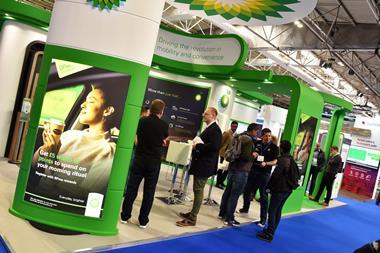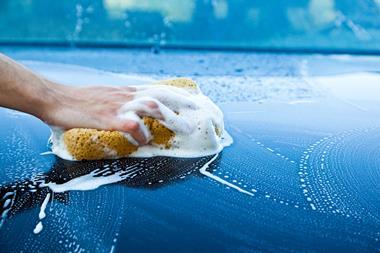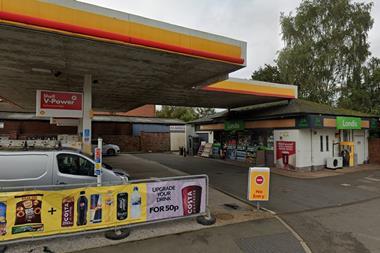PRA chairman Brian Madderson detailed a number of major victories in his other role as chairman of the Car Wash Association (CWA) in his presentation at Forecourt Trader’s inaugural Summit last week.
The CWA was formed to lobby on behalf of operators of legitimate car valeting services who were being driven out of business by non-compliant hand car washes (HCW).
After intense campaigning by the CWA and other organisations concerned about the criminality involved in the HCW sector, the new director of the Office for Labour Market Enforcement Matthew Taylor has stated that the HCW sector is “endemically non-compliant” and that a national licensing scheme for all hand car washes should be introduced within the next two years.
Madderson said this was an important victory, but warned: “It is really critical for dealers who have allowed hand car washes onto their sites to make sure those hand car washes are legally compliant when the national licensing scheme comes forward. If they aren’t, and if they are trying to buy or sell sites, this could be as big a stumbling block to an effective transaction as is already fuel contamination fuel issues.”
More immediately, Madderson also revealed that supermarkets had finally agreed to stamp out non-compliant HCWs in their car parks. He said: “You will find that by Easter all of the UK supermarkets have removed trolley washing. This is a massive step forward. In future supermarkets will either only have fully compliant hand car washes like Waves, or fully compliant mechanical car washes like rollovers or jet washes. Of the 325 supermarket hand car washes about 280 are Waves on Tesco sites, and Waves is also doing work with Sainsbury’s and Asda to provide fully compliant hand car washing.”
CWA has also worked closely with the church-led Clewer Initiative, which launched the Safe Car Wash app. Madderson revealed: “The app is going to be improved and relaunched later this year so that where anyone sees a rogue hand car wash they can report it, and it will go directly through to the local police.”
And CWA has also had an input into the creation of the Responsible Car Wash Scheme, which was set up to indicate which HCWs were fully compliant. After a pilot scheme in the autumn at 50 supermarkets it is being rolled out across supermarkets and to the wider HCW sector.
In his role for the PRA, Madderson urged caution for retailers considering installing electric charging, particularly on smaller sites. He said: “Frankly there are probably more interesting investments with a quicker return for you at the present time than putting in charging points.” For dealers considering installing chargers, he advised: “There are three different guides which need to be read and understood – the Energy Institute, the IET and PELG. Ray Blake, formerly of the London Fire Brigade, who is our technical manager, is currently chairman of the Petroleum Enforcement Liaison Group, and if you have any concerns about the safety, and space and technical issues of putting charging points on your forecourt do get in touch with us and Ray Blake and he will be able to advise you.”
He also warned that a case being taken to the Supreme Court by the Valuation Office Agency (VOA) could have far-reaching consequences for forecourt operators. If the VOA loses then retailers with an external ATM will be able to claim back any business rates they have paid on it since 2010. However, if the VOA wins it has indicated it could look at other third-party items on forecourts such as air lines, vacuums, car washes and electric chargers, and even coffee machines inside stores. Madderson said: “Check your contracts to see who pays the rates. If it isn’t the provider you could become liable.”






























No comments yet